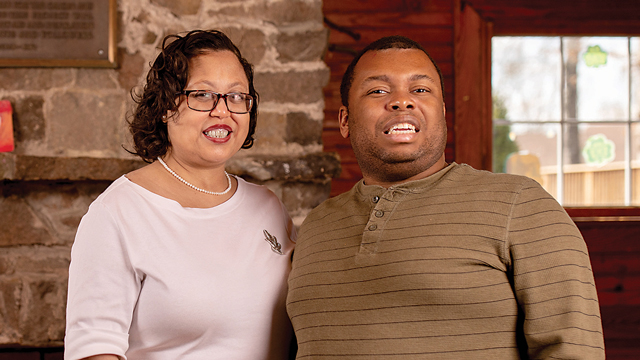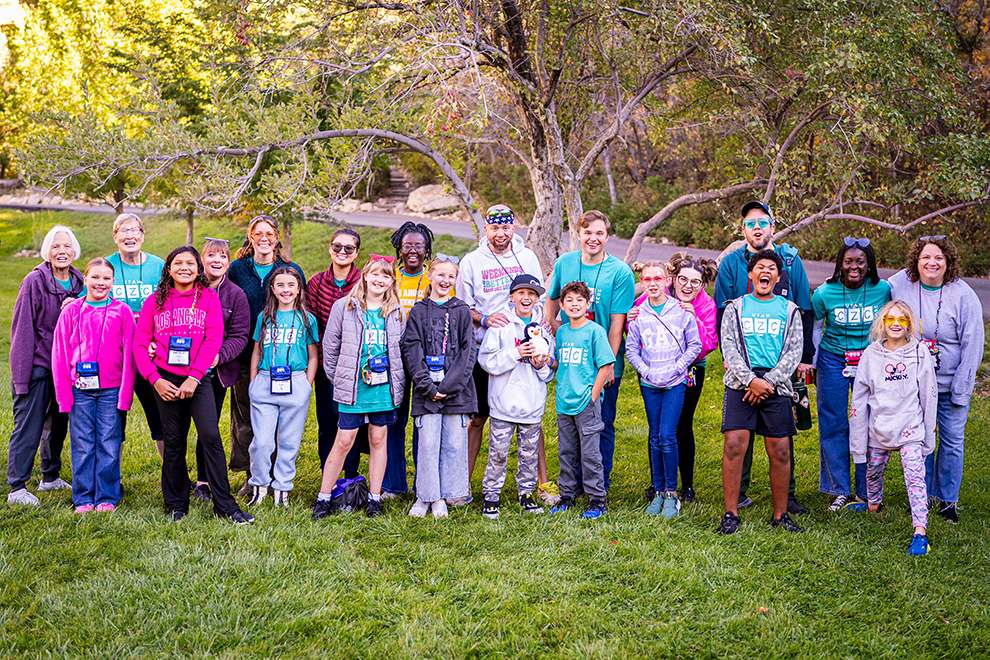Most parents know – or with any luck, remember – that deep breath you take when you get to sit alone after the non-stop pace of parenting a toddler. Or that calm sigh you exhale when your grade-schooler goes off for a play date that is scheduled to last all afternoon.
Anyone who has provided in-home care for an aging or sick parent knows the sheer physical relief that comes when someone takes over, even for a short while. For anyone whose child or family member has a disability, that break is not easy to come by.
For caregivers of children without disabilities, breaks can come in the form of babysitters, time spent in school (most years), activities, and friends or family members stepping in to give parents a date night or a weekend away. But for families of individuals with disabilities, respite care is difficult to find, and yet, it’s needed even more.
According to the Commonwealth Fund, more than 16 million adults in the United States care for a family member with a disability. Individuals with disabilities often have unique physical, emotional, and behavioral conditions that require 24/7 specialized care. They may have complex medical conditions that require someone with relevant experience or training to provide support.
A multitude of research confirms that short breaks play a key role in supporting positive care relationships and building the caregiver’s own emotional well-being. Because caring for a child with a disability can be all-consuming (physically, emotionally, and mentally), breaks are needed. Period. That time allows parents to do important things in their lives, including relaxing, household tasks, or spending time with their other children in a capacity they can’t always do while caregiving.
For families of individuals with disabilities, there are options throughout Virginia and throughout the Richmond area for support and care. Faison, St. Joseph’s Villa, Jill’s House, JC HomeLife, Diversity Training and Support Center, Branches of Life, Community Residence, and SOAR365 are just a few of the organizations and facilities offering different levels and types of support for children and adults with disabilities – whether it’s day support, overnight support, or weekend-long care.
But respite is not just for the benefit of caregivers. It’s also important for individuals with disabilities. Respite provides opportunities for individuals with disabilities to interact with their peers, to achieve a measure of independence, and to enjoy relationships with people outside their immediate family circle.
For the clients in respite care, it can be a home away from home – like a retreat. The most important thing is to give the family a sense of security knowing their loved one will be provided with the same level of care as if they were at home.
Melissa Hill, who lives in Petersburg and whose son Matthew has been participating in respite care for more than thirty years, realizes that the impact of Matthew’s time at respite is long-lasting for him. While Melissa appreciates the benefits of the caregiving break in the moment, Matthew is able to make friends, make choices, and do things he can’t normally do at home – and that’s something that changes his life.
As all of us look ahead to the fall and holiday season, our days, weeks, and weekends will be very different than normal. Many people – parents, adult children, and extended family members – will be caregivers this year in a new way for their young children, aging parents, and family members with disabilities. And for all of us, respite care will continue to be vital. As we take care of others, we must remember to take care of ourselves, take those much-needed breaks, and check in with people who may need a break in their lives, too.





